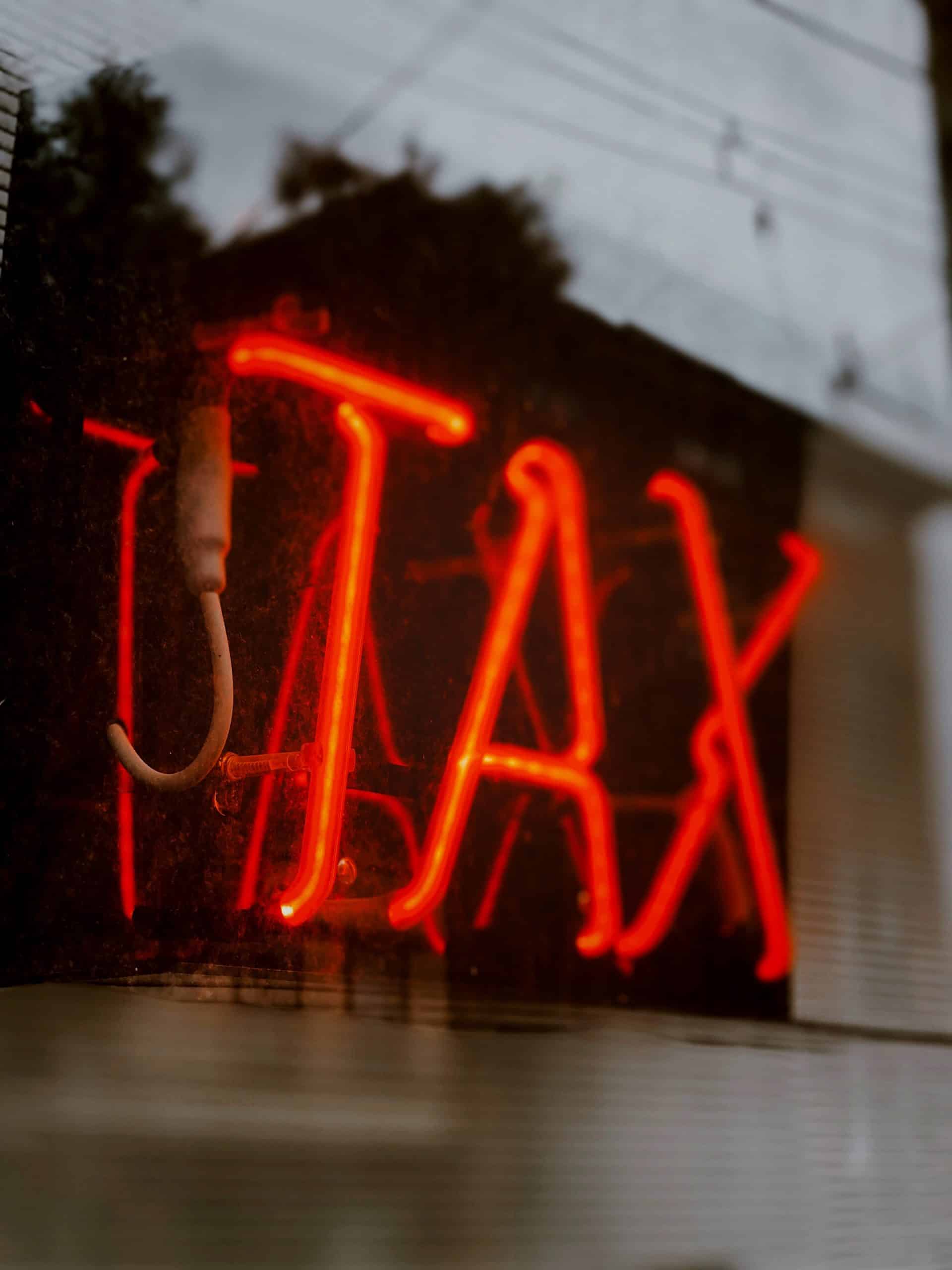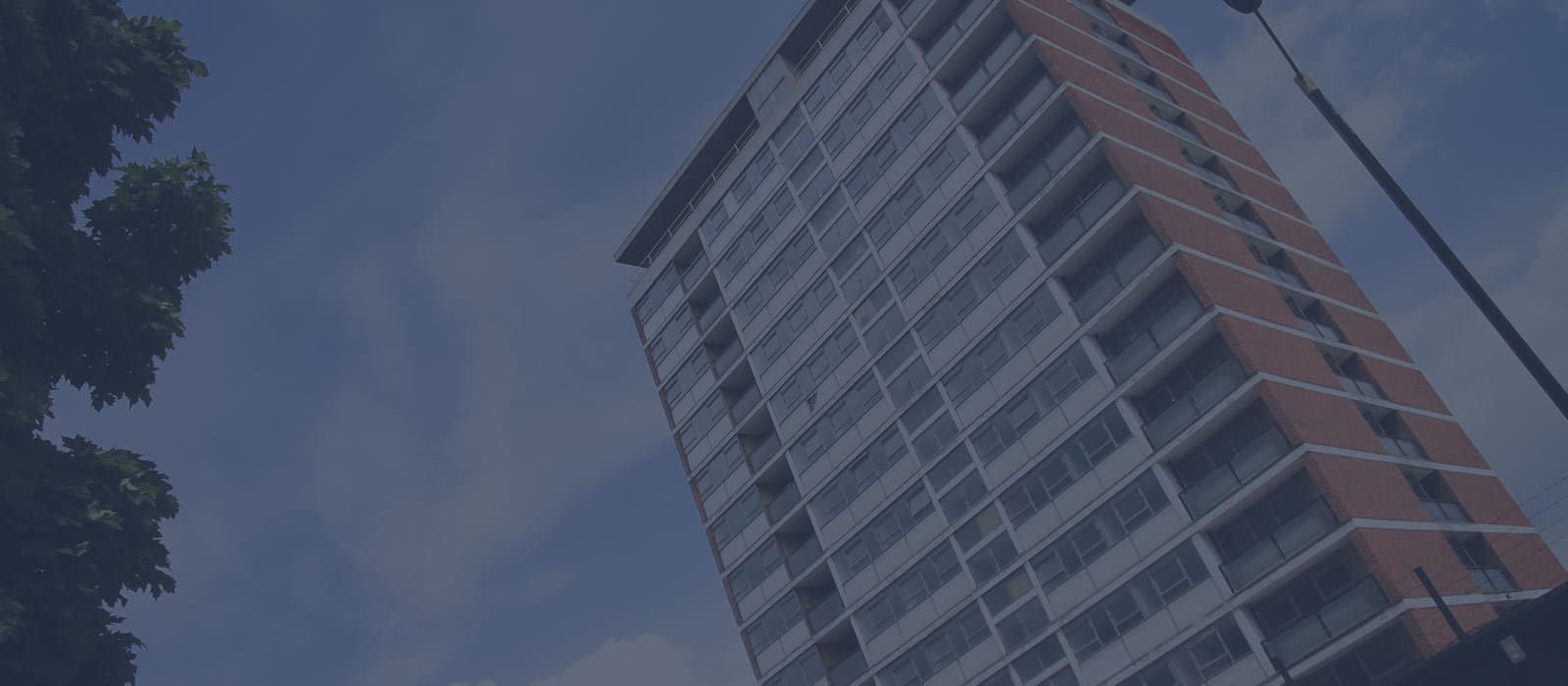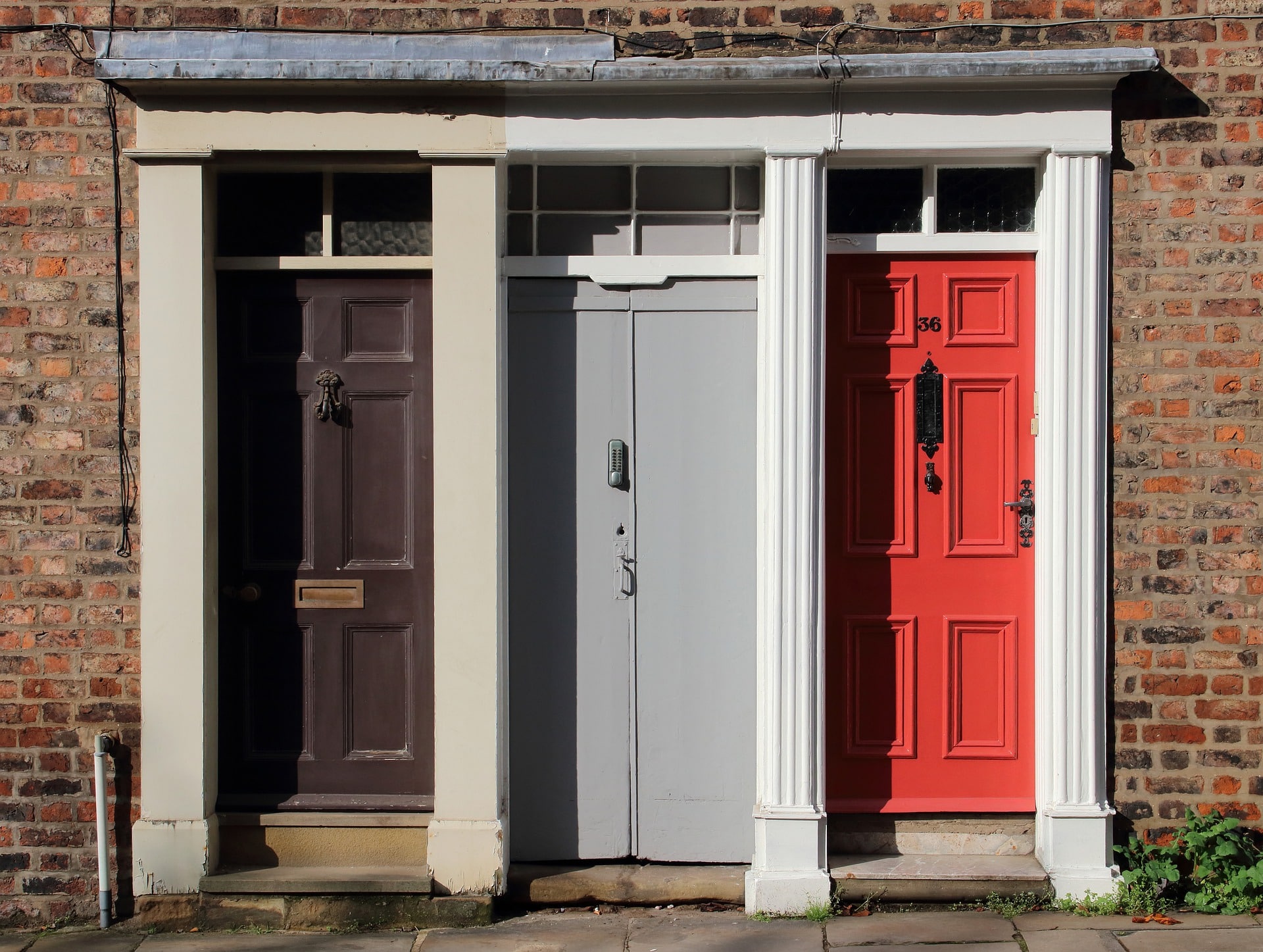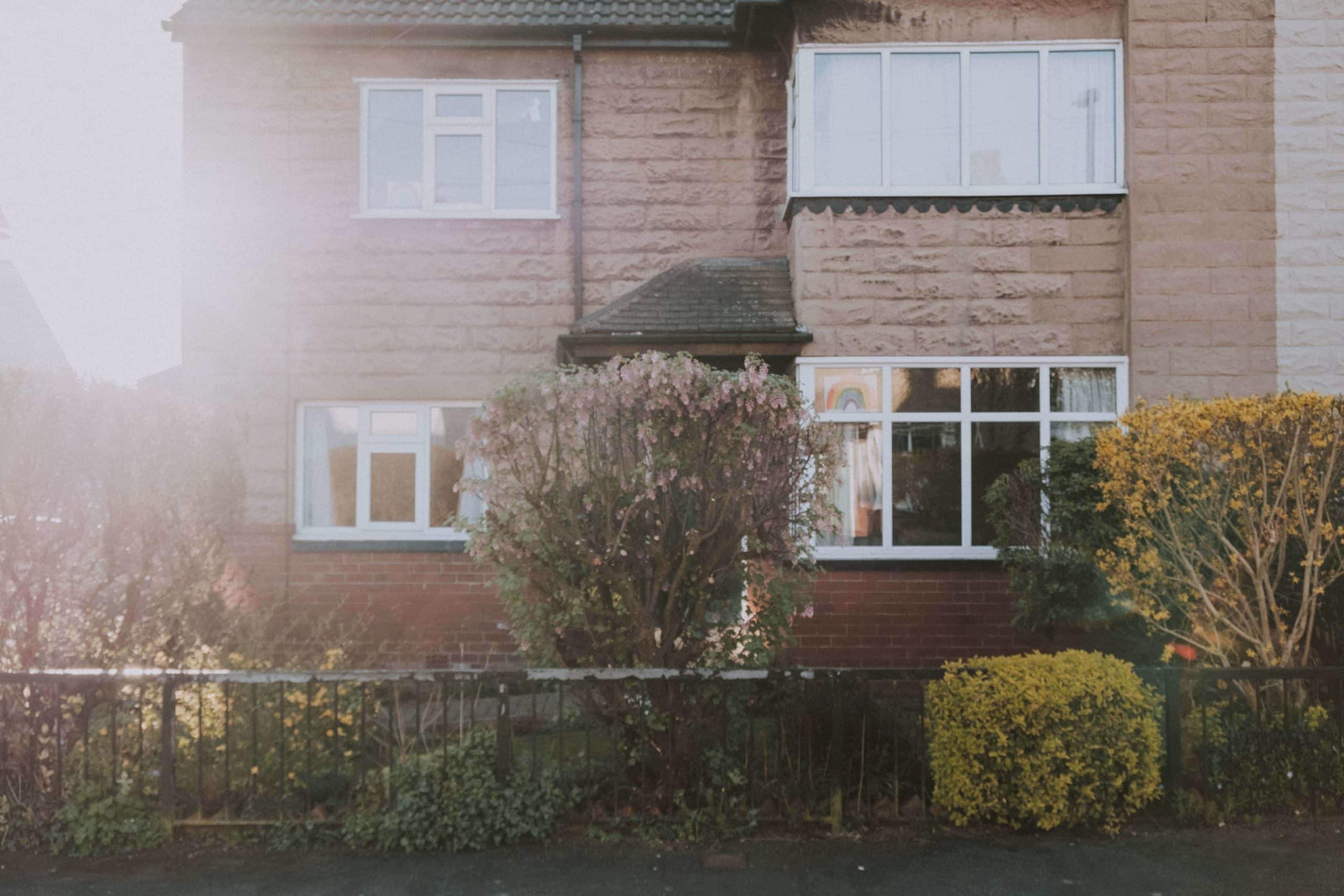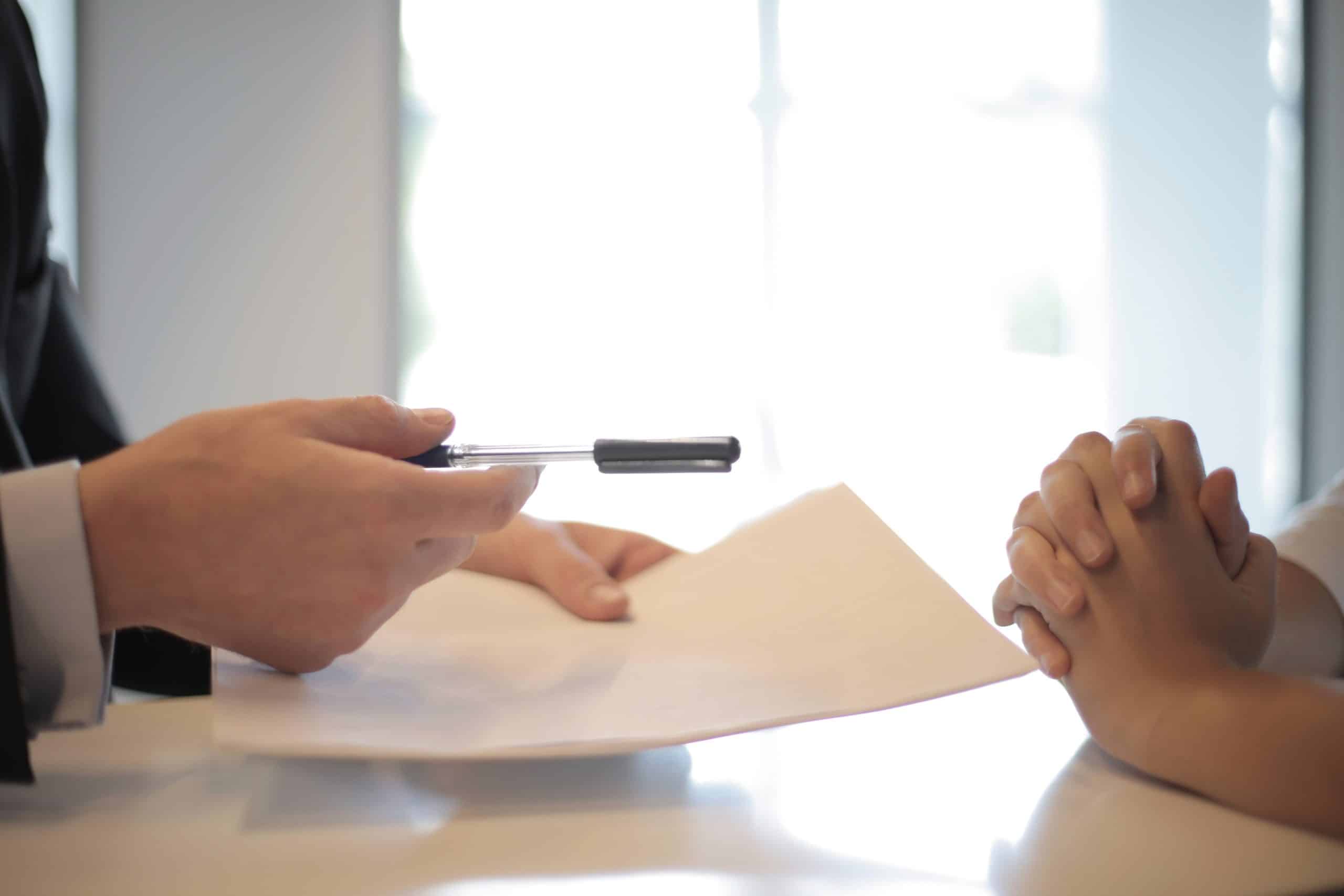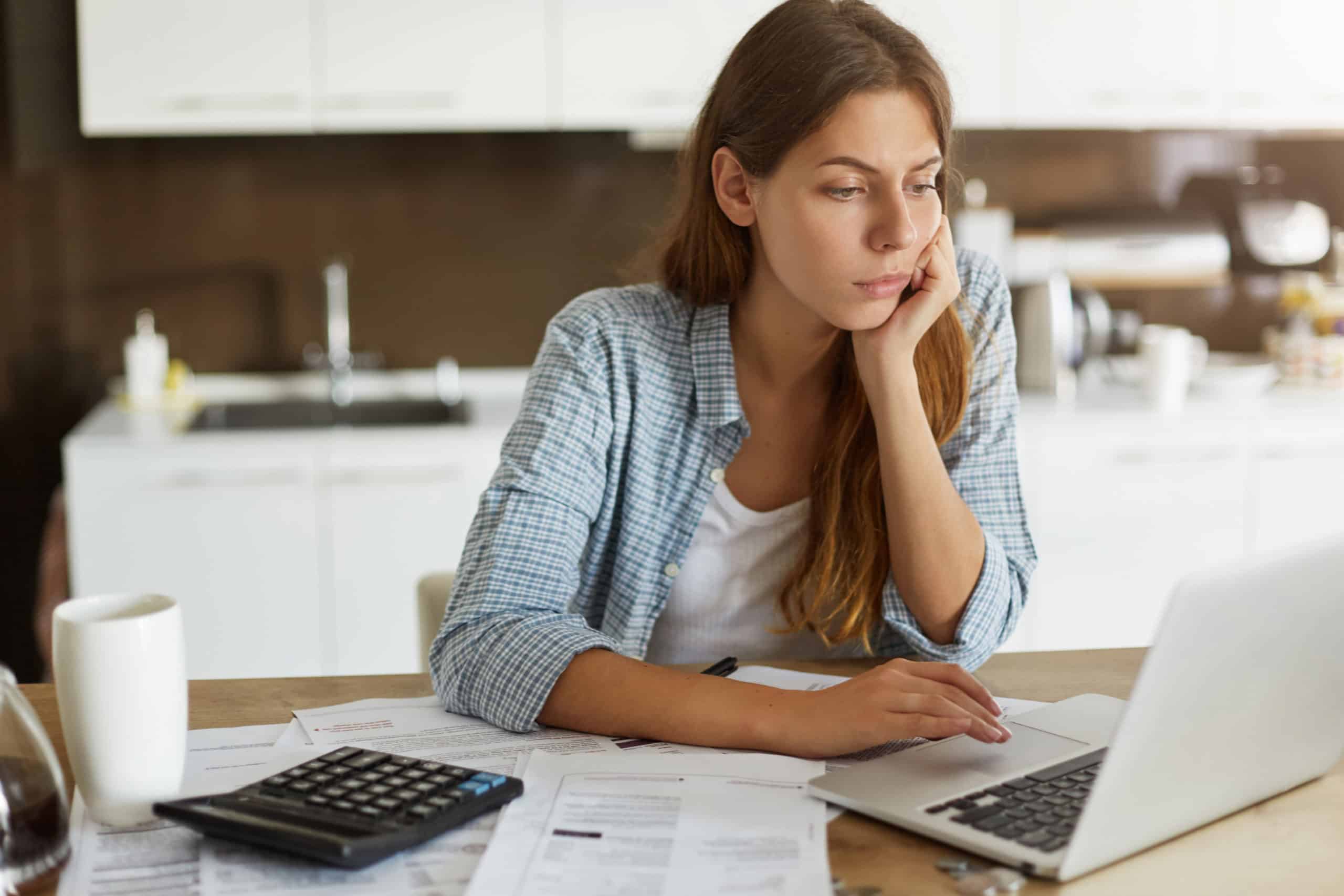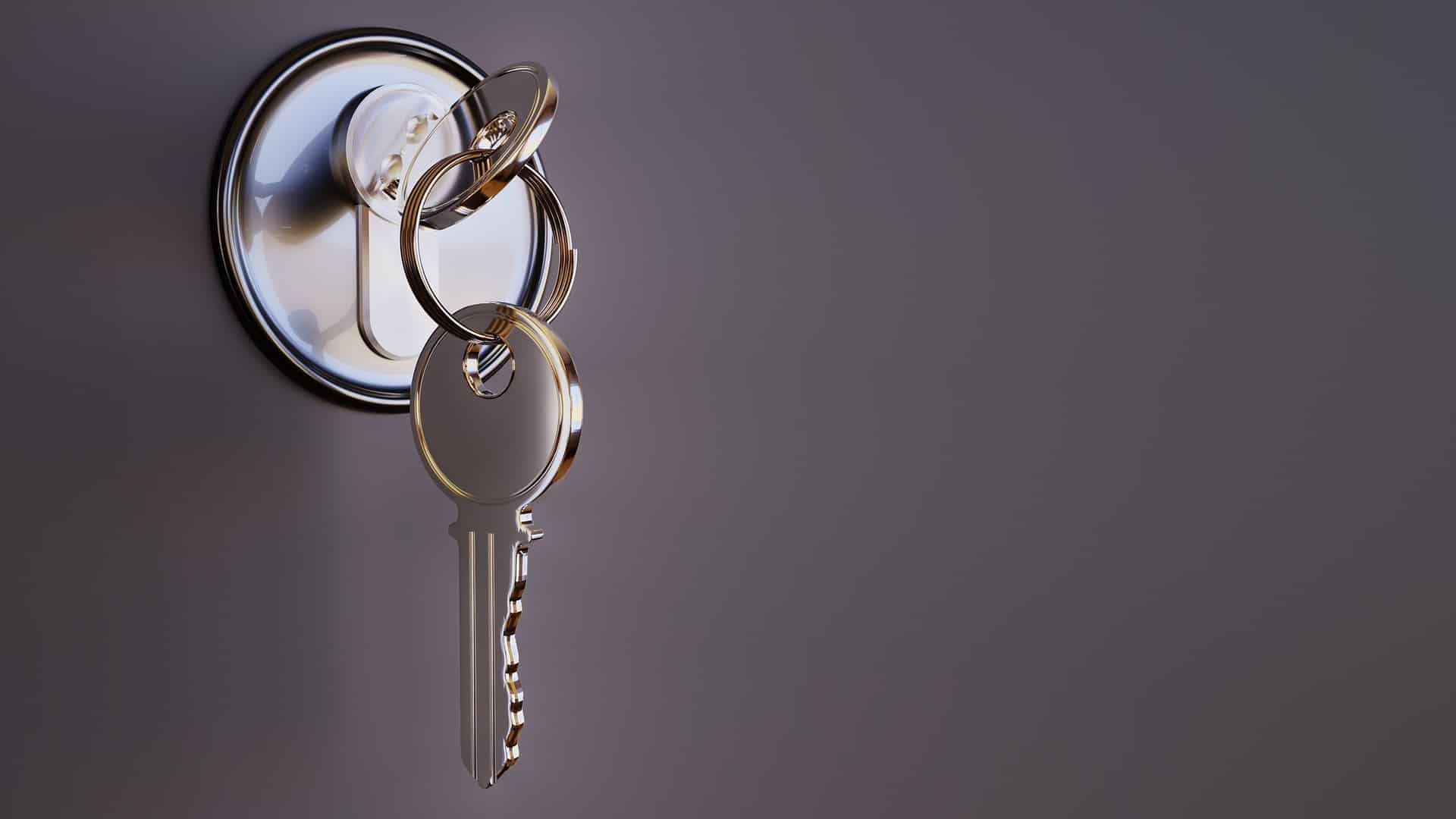There are many costs associated with selling property through traditional routes such as an estate agent, and are common knowledge to homeowners. However, when it comes to selling and taxes, the matter is slightly less clear.
Generally speaking, you don’t need to pay tax when selling your main home, although there are circumstances where you will need to pay Capital Gains Tax (CGT) on a property. We’re going to take a closer look at the finer details associated with tax and house sales in the UK
Do I pay tax on money when selling a house?
Capital Gains Tax (CGT) applies when you sell an asset (including property) that has increased in value since you purchased it.
The rate you pay is dependent on several factors, such as your income and how much the value of the property has increased. CGT on residential properties is usually within 18% or 28% of the gain in value, but more on that later.
Whilst you usually do not have to pay CGT when selling your home, there are some exceptions. One example is if the house was purchased to make a gain (e.g for property development) or if part of the property is used as a business premise.
Other common reasons include subletting part of the property (lodgers do not count) if the home includes a lot of land and/or buildings of 5,000 square metres+, and if you have another home that could be classed as your main residence.
Many of these are open to interpretation, so it can be wise to speak to an independent financial adviser for further clarity and advice.
How much tax will I have to pay when I sell my house in the UK?
As mentioned earlier, you do not need to pay capital gains tax on your primary residence under normal circumstances. If you have more than one home, you may need to prove which is your primary residence.
If selling a buy-to-let, second home, or a property that falls within the other qualifying criteria for paying CGT (mentioned earlier), you will need to pay a certain percentage, minus your annual allowance. This tax-free allowance is currently £12,300 per person, meaning no CGT is payable until the amount has been surpassed on the sale.
After this amount, CGT is charged at 18% for standard rate taxpayers and 28% for higher rate taxpayers.
How is tax calculated on the sale of a property?
Sellers do not need to pay Capital Gains Tax on the entire value of the sale of the property, only the amount that is considered gain.
HMRC allows sellers to deduct costs such as estate agency fees, legal fees, and any stamp duty that may be applicable.
Improvement works can also be deducted, including the cost of extensions but not general maintenance work like decorating. So, to put it simply:
Gains = Purchase Price – sale price, buying and selling costs, and any costs for improvements to the property
Use the following calculation to work out how much CGT you need to pay:
Gains – CGT Allowance x CGT Tax Rate
Add the amount of gains you need to pay onto your taxable income, and this will help you determine the CGT rate you must pay.
Is money from the sale of a house considered income?
Money gained from the sale of a property isn’t considered an income if the property in question is your primary residence.
If applicable, the chargeable CGT rate will depend on your taxable income, but CGT itself is taxed separately from other income. Also, the tax bracket from your other income will remain the same.
How can I save tax on the sale of a house?
There are a few circumstances where avoiding CGT tax on a property sale is possible. If a resident sells their primary home, CGT does not usually apply to their sale.
The property must be their primary residence, should not be used for business purposes, and the owner should not have let out the property or part of the property, although this does apply to properties with a single lodger.
Some of these criteria become more challenging, especially when working from home. This is because when listing their home address as their business address, sellers could find that they have CGT to pay after the sale.
The property should also be less than 5,000 square metres, including the grounds and additional buildings part of the sale. Rural homes with substantial land may find they are subject to CGT unless they sell their land separately.
The property should also be purchased as a main residence without the intention to make a gain. Property developers or anyone looking to ‘flip’ a home will find that CGT will likely be applicable upon sale. When meeting these criteria, a homeowner will receive a tax break known as a Private Residence Relief from the government.
How does HMRC know if I have sold a property?
There are various ways HMRC can tell if you have sold a property. These include:
- Land registry records
- Bank transfers
- Advertising records of the property
- Changes in rental income (if it was rented before)
- CGT returns that you need to file
HMRC may also know because of stamp duty land tax returns from the buyer.
What happens if I don’t pay capital gains?
HMRC requires sellers to declare capital gains tax within 30 days of selling. Otherwise, you could face a penalty and may also be liable for interest owed on the payment.
HMRC launched an online portal to make it easier to pay capital gains tax, and so you can easily notify HMRC of the sale.
Those who are not eligible to pay Capital Gains Tax do not need to worry about non-payment. Non-UK residents need to notify HMRC when they sell a property or land, even if the gain is below the tax-free allowance or the sale makes a loss.
Sell your house with WeBuyAnyHome
At WeBuyAnyHome, we’ve helped thousands of people with their properties, and have over 250 years’ combined experience across the team. This means we have plenty of knowledge and are happy to advise you on capital gains tax when selling your property.
